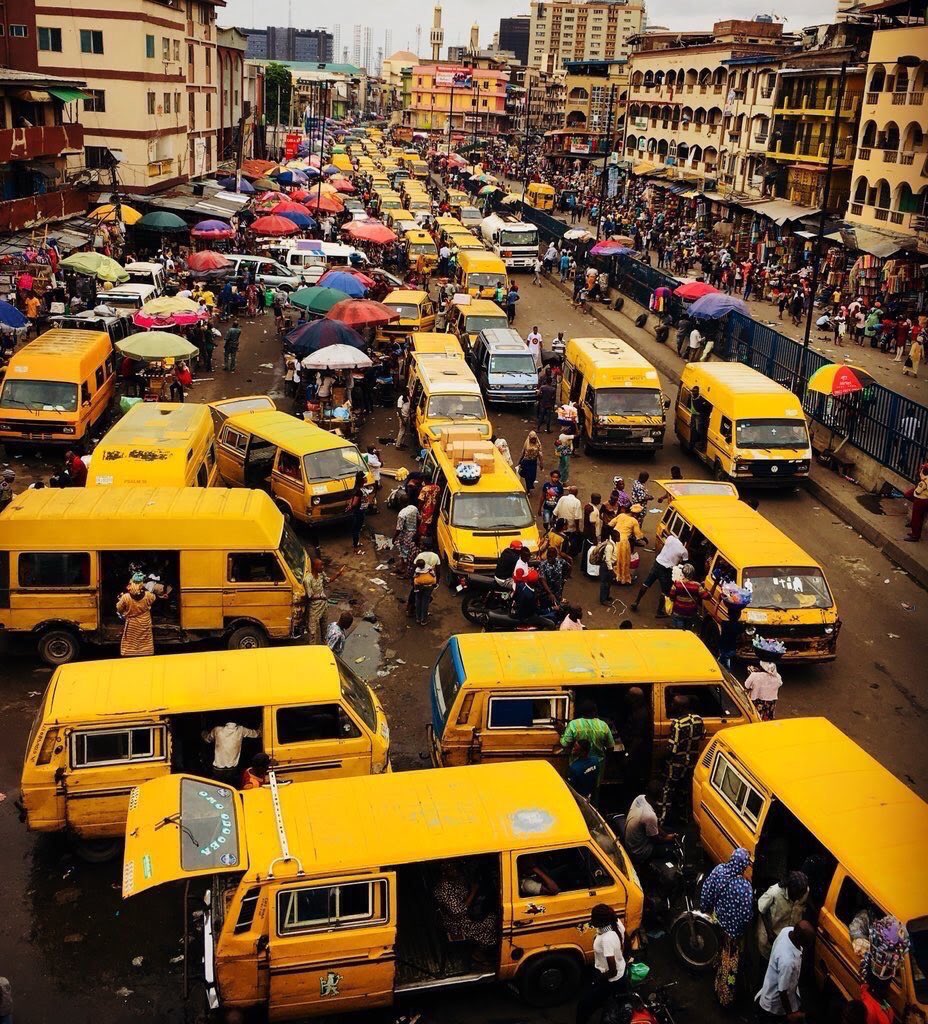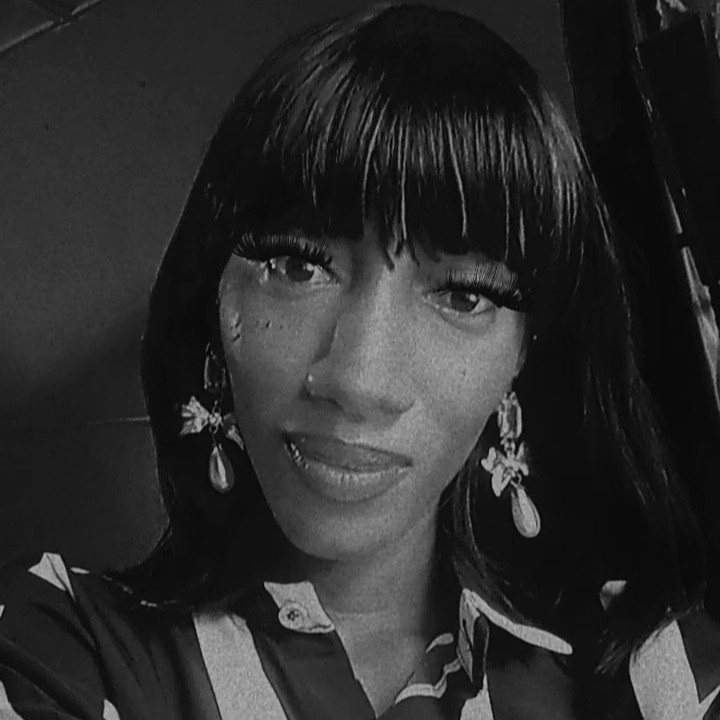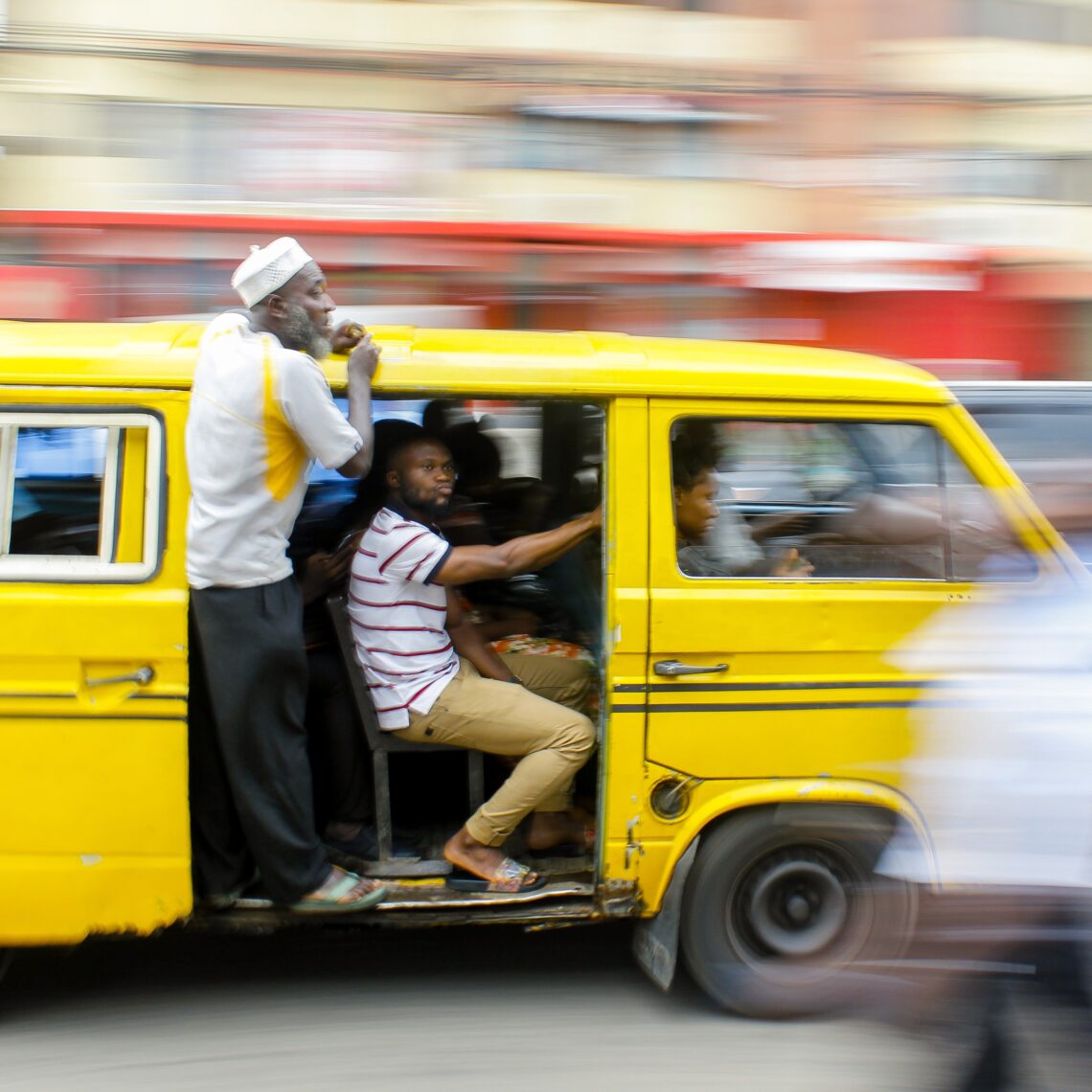Alice Eze
When I first set foot in Lagos, I thought I had prepared myself for life in the big city. I mean, I had watched enough Nollywood movies to know that Lagos was a place of hustle, car horns, and people shouting “Ehn?” at the top of their lungs. But nothing could have truly prepared me for the real thing.
Take the traffic, for example. I had heard legends about Lagos traffic. I thought, “How bad could it be? Maybe like the small hold-up we get in Abiriba market square.”
My first Monday morning on the Third Mainland Bridge shattered that illusion. Imagine being stuck in a car so long you begin to suspect you’re in a reality TV show called Survivor: Lagos Edition. By the second hour, I had memorized the license plate of every danfo bus around me and could practically write a thesis on the subtle art of aggressive honking. The moment you hear, “Wérey!” from a passing bus conductor, you know you’ve been accepted into the Lagos traffic brotherhood.
Then there was the “Lagos greeting,” which goes something like this:
Person A: hisses loudly “Ah, Oga!”
Person B: “My friend, abeg shift! Who dash you ‘Oga’?”
This exchange takes place while both parties are aggressively squeezing past each other in a market lane so narrow that even a rat would need to hold its stomach in. Meanwhile, the sound of hawkers chanting their goods (“Gala! Pure water! Boli!”) forms the unofficial background music of Lagos.
Speaking of food, nothing in my Abiriba upbringing prepared me for the Lagos street delicacies. The first time I tried suya, I made the rookie mistake of thinking it was just spicy meat. One bite in, I realized my taste buds had been enrolled in military training. Tears filled my eyes as I chewed through the fire, but I couldn’t show weakness. I was surrounded by seasoned Lagosians who eat ata rodo like it’s chewing gum. They would have laughed me back to Abiriba.
And let’s not forget the ‘area boys.’ Ah, the guardians of Lagos bus stops. I was once at Ojuelegba trying to catch a bus when one of them approached me and said, “Bros, anything for the boys?”
I naively replied, “Sorry, I don’t have change,” thinking that was the end of the conversation.
He looked at me, clapped his hands, and said, “Ah, Oyinbo don land!”
That was the day I learned to always have some small cash on hand; not for transport, but for “settlement.”
The real eye-opener, though, was the owambe parties. In Abiriba, we know how to throw a party, but Lagos takes it to a whole new level. I was invited to a wedding where the invitation card stated, “Strictly by Aso Ebi,” and thought nothing of it until I saw the price of said Aso Ebi. My wallet nearly called the police. The party itself was an extravaganza: mountains of jollof rice, plates of small chops that disappeared faster than my uncle at a family meeting, and music so loud that even my ancestors in Abia state probably danced along.
Living in Lagos is like being in a constant state of performance art. Every street is a stage, and everyone—from the bus conductor who calls out “CMS, CMS, CMS” like he’s auditioning for a rap video, to the trader who argues in such lyrical Pidgin that Shakespeare himself would be proud—is an actor. By my third month, I found myself not just surviving but thriving. I learned to shout “How far!” with confidence, navigate the market with the agility of a goat on a hill, and, most importantly, dodge BRT buses with the skill of a matador.
Lagos, you were a shock to my system, but now you’re my chaotic, beautiful home.


Alice Eze wears many hats. As an editor, SEO expert, and technical writer with experience across varied topics and genres, her work has been featured in leading publications, making her a respected voice in literary and digital spaces. As a public speaker and innovator, she brings fresh insights that engage audiences. She is named one of Goal Women Africa’s Top 25 Women for 2023 and a Forbes BLK Member. X: @VersatileSings LinkedIn: Alice Eze
Featured photos by Oluwolehammond (top) and Bashir (bottom) from Wikimedia Commons





